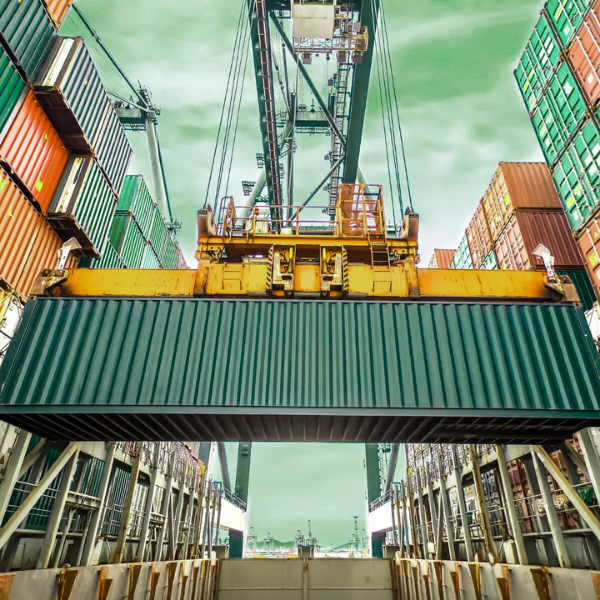U.S. Infrastructure and Transportation
Our economic analysis and modeling provide guidance to infrastructure investments, transportation planning, and regional development. From benefit-cost analysis and transit-oriented development studies to freight logistics and multi-modal grant applications, our insights help public and private decision-makers deliver long-term growth, connectivity, and resilience.
Optimizing Infrastructure
How can communities and regions make infrastructure and transportation investments that deliver long-term economic, social, and environmental value? Infrastructure and transportation play a critical role in shaping connectivity, accessibility, and resilience, but choices about where and how to invest are complex and often highly contested. With growing demands on public resources, decision-makers need clear, evidence-based insights to prioritize projects that generate the greatest impact.
At Cambridge Econometrics, we apply robust economic analysis and modeling to help clients evaluate investment opportunities, assess trade-offs, and plan for growth that supports vibrant, connected communities.

Regional Economic Development
Appalachian Regional Commission: A Fresh Assessment of the Freight Network in Appalachia
To address these challenges, we provide independent economic analysis that helps clients evaluate opportunities and prioritize projects, with a focus on five core areas:
Economic Impact Analysis
We deploy our economic impact modeling tools (such as REACT) to deliver tailored, region-specific assessments of infrastructure investments—quantifying direct, indirect, and induced impacts on output, value added, employment, and tax revenues at county, metro, or state levels.Benefit-Cost Analysis
We are experienced at generating robust, defensible benefit-cost analysis across all modes of transportation—helping decision-makers prioritize investments and compete for funding opportunities.Transit-Oriented Development (TOD) Market Studies and Planning
We combine economic, demographic, real estate and housing market analysis to inform TOD and rail corridor planning. Using population and housing demand forecasts, we help communities evaluate station locations, ridership potential, and development capacity.Freight, Trade, and Logistics
By modeling industrial clusters and trade corridors, we shed light on how infrastructure upgrades in freight networks and logistics hubs can bolster regional competitiveness and economic clusters—driving sustainable trade-led growth.Bike Trails and Complete Streets
We have a growing economics practice focused on estimating the economic development impacts of existing and proposed bike/pedestrian trails and complete streets investments.Our Experience

Working With Us
Every organization’s needs are different, so we tailor our approach and team to your goals. We regularly partner across the U.S., combining knowledge of federal, state, and regional economies with decades of experience applying cutting-edge analytical tools to assess the economic impacts, benefits and costs of transportation. The result is practical, data-driven insights you can act on. We also design each engagement to build capacity within your organization—bringing your team along at every step so the tools and skills we develop together continue to deliver value long after the project ends.
Get in Touch
